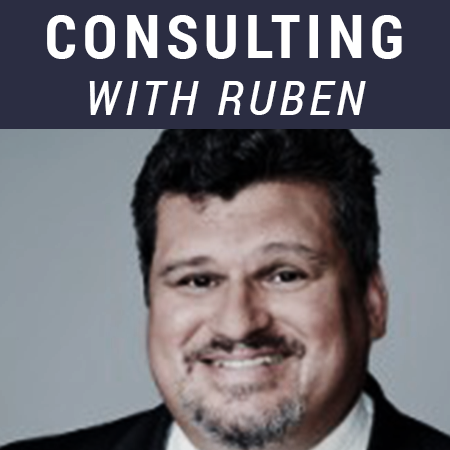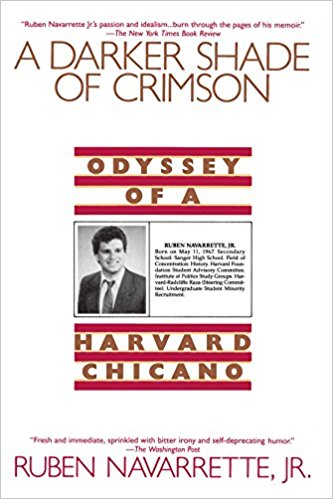This Thanksgiving, as I ask my sister to pass the mashed potatoes, I’m going to worry less about being thankful and focus more on being grateful.
Here’s how I see the difference: When someone opens a door for you, or answers your sneeze with a “God bless you,” you might say “Thank you.” Then you move on. You don’t spend all day feeling in debt for the gesture. Gratitude is something you feel deep inside, not just for one thing but for the quality of your life and the quantity of its blessings.
Dictionary definitions boil down to this: Being thankful means you are pleased that something you hoped would happen has actually come to pass. Being grateful means you appreciate something done for you or something you have.
I’m not good at being thankful. There have been years when, as my family gathers, we take turns saying what we’re thankful for. It feels cheesy, like a reverse Christmas list.
I’d like to think I’m better at being grateful. And this would be fortunate for me because it’s hard to amount to anything in life if you don’t have gratitude. This simple concept could be the key to happiness, success and fulfillment.
Human beings like to complain about what we think the world owes us. We’d be better people if we thought more about what we owe the world. At least this is the message someone, or something, has been trying to send me for a while now.
About a year ago, I was giving a speech to real estate and banking professionals and the conversation veered off to how we’re raising our children. A man in his 50s said that while he thinks he does a lot for his teenage kids, he wouldn’t mind it so much if they were able to do one thing for him.
“I just want them to be grateful,” he said. “They seem like they’re entitled, like they just expect the world to give them things. I just want them to show gratitude. That’s all.”
Good luck with that. My children are 5, 7 and 9. Just about every day, it seems, I’m lecturing them about how they need to be more grateful for the little things.
A few months after the speech, I was listening to talk radio and found myself taking in wisdom from Dennis Prager about the connection between gratitude and happiness. The syndicated radio host — and author of Happiness Is a Serious Problem: A Human Nature Repair Manual — believes: “All happy people are grateful, and ungrateful people cannot be happy. We tend to think that being unhappy leads people to complain, but it’s truer to say that it is complaining leads to people becoming unhappy.”
So I began thinking that maybe gratitude has practical benefits. It could actually make us happier.
And, last week, on impulse, I bought the current issue of Fortune. On the cover was someone I’m curious about: Tony Robbins. The story was about how the dynamic speaker and former infomercial pitchman has transformed himself into a highly effective and well-paid coach for CEOs. Robbins says that his companies have combined revenue of more than $5 billion a year.
One of his secrets: According to the article, “Robbins takes 10 to 20 minutes a day to put himself in a positive state of mind” by focusing on one emotion. You guessed it.
“I prime gratitude,” the self-improvement guru told the magazine. “Because of all the human emotions, you can’t be angry and grateful simultaneously.”
When mega-successful individuals tout the benefits of gratitude, and when others talk about how they crave it from others and why it is essential to happiness, it’s time for the rest of us to make a conscious effort to express it more often.
So, this holiday, besides giving thanks, let’s remember to also show gratitude.
San Diego-based columnist Ruben Navarrette can be reached atruben@rubennavarrette.com.





